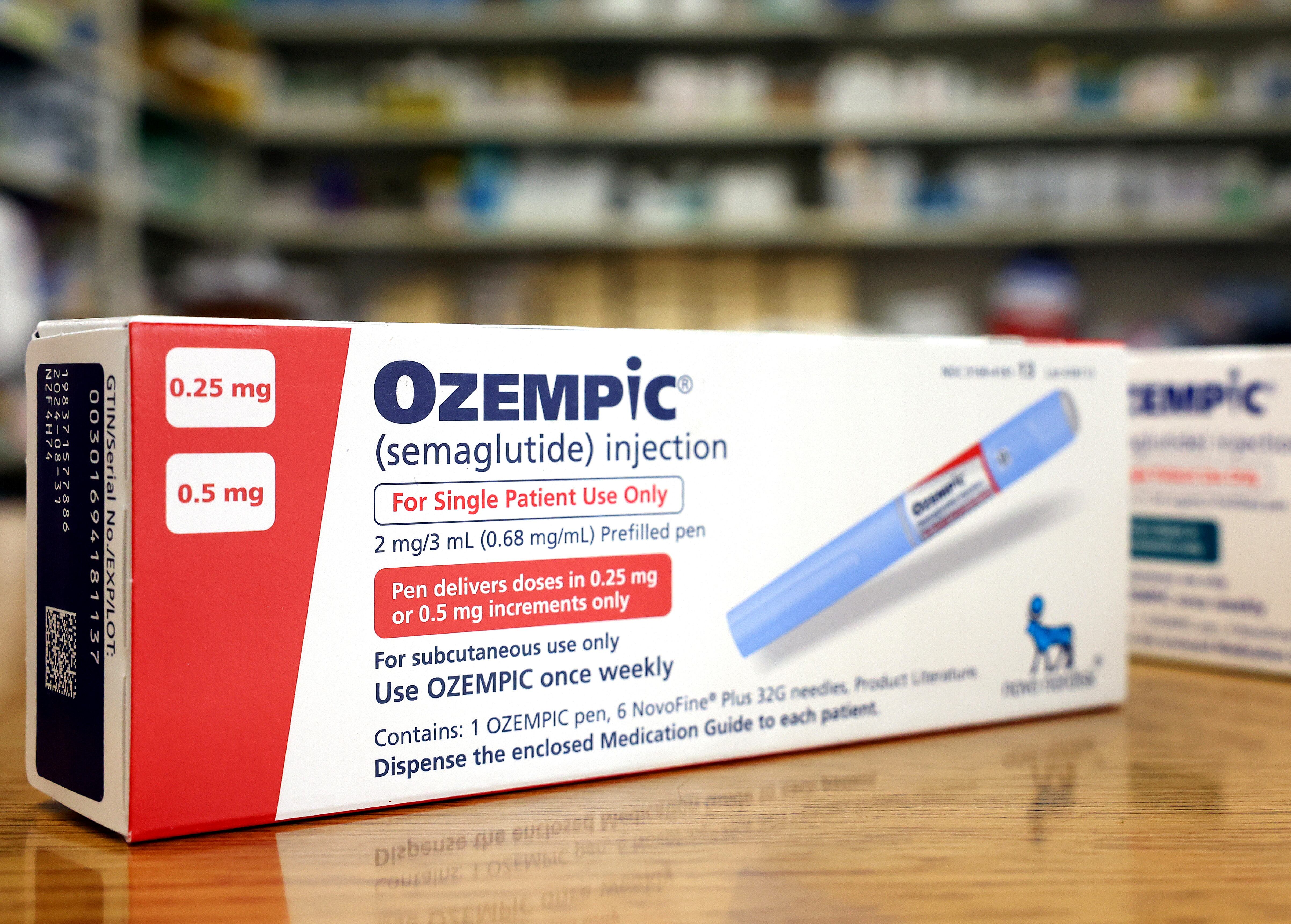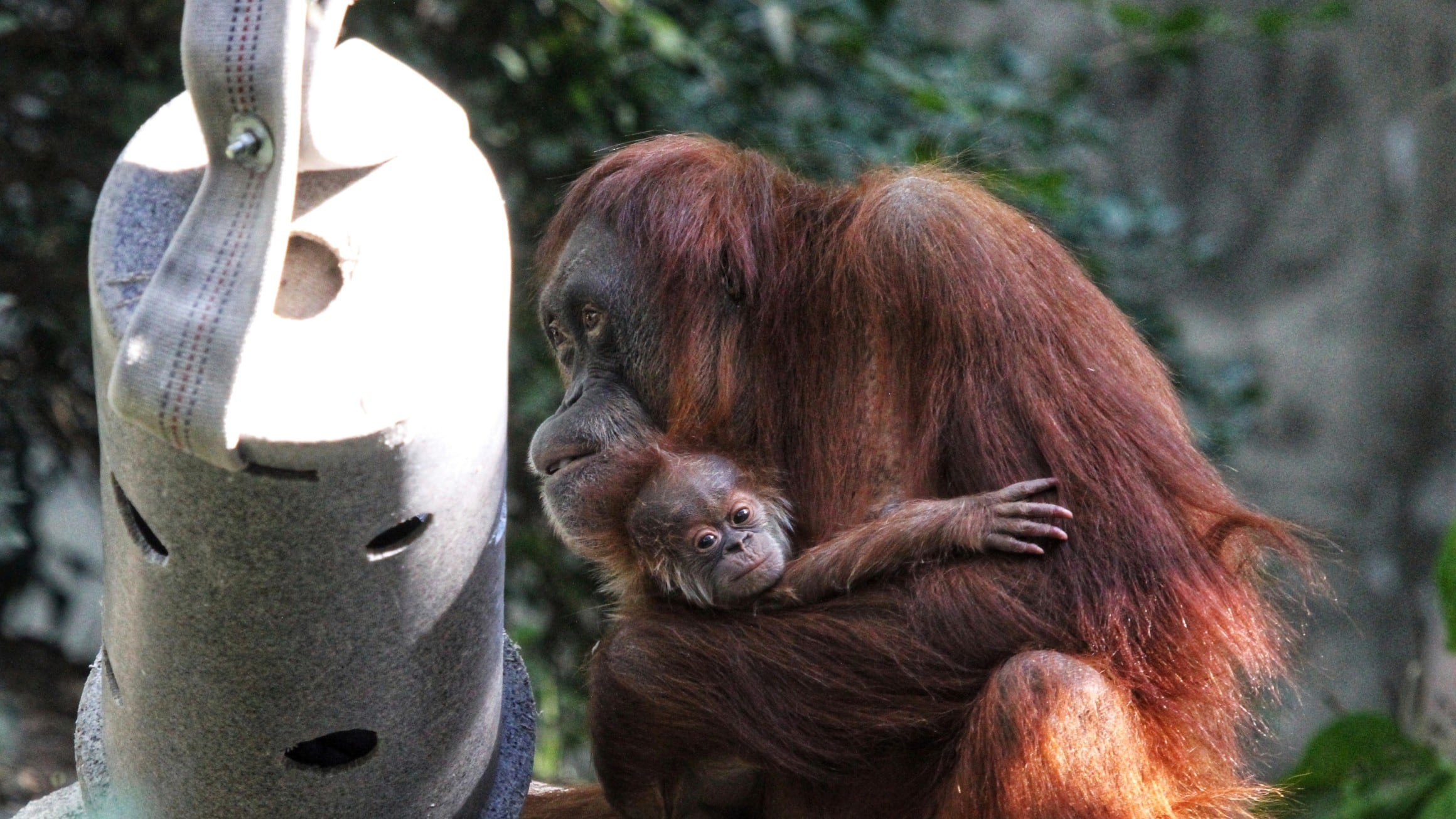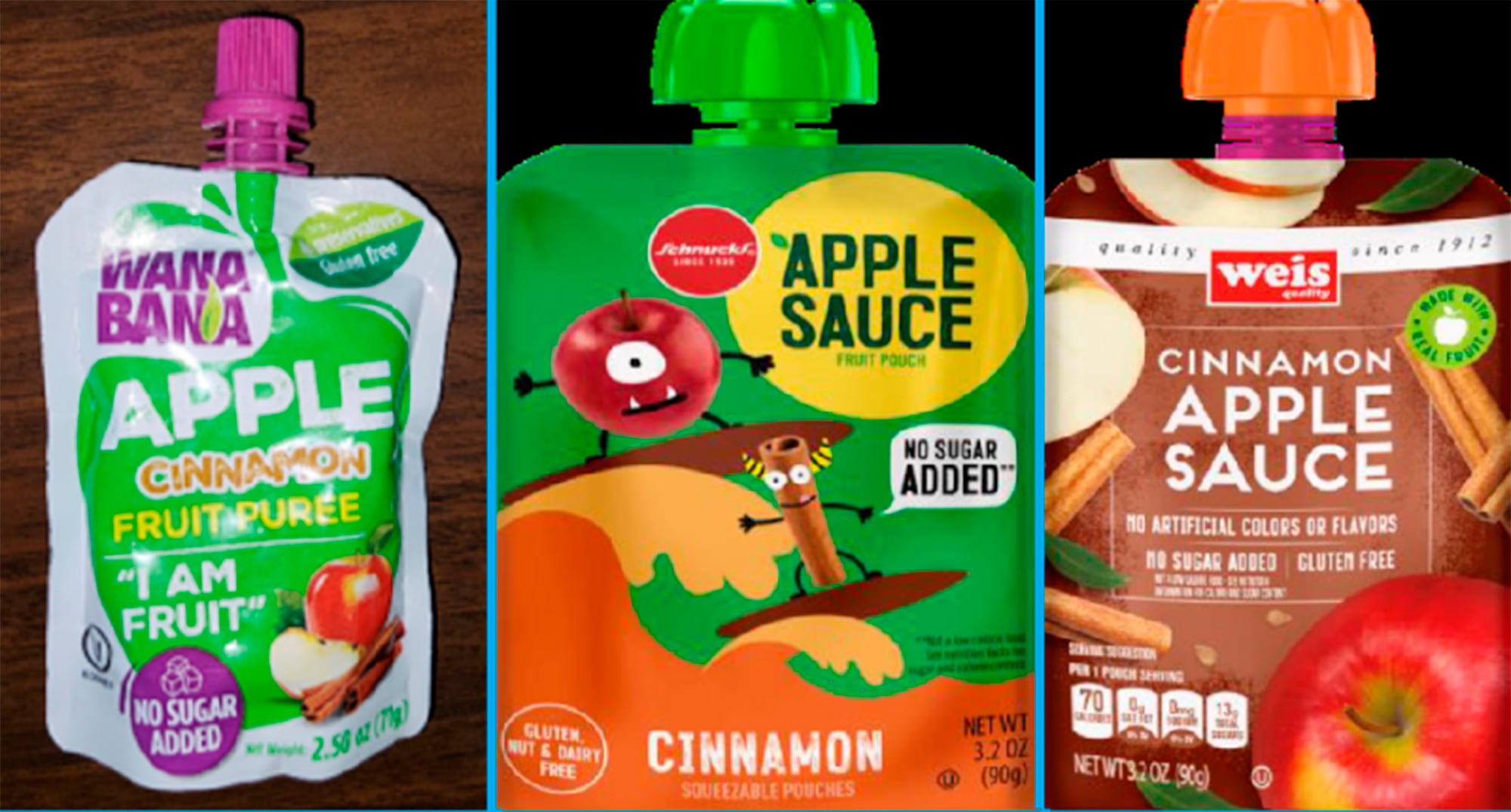By Tim Reynolds
The Miami Heat are bringing back some fans, with help from some dogs.
The Heat will use coronavirus-sniffing dogs at AmericanAirlines Arena to screen fans who want to attend their games. They’ve been working on the plan for months, and the highly trained dogs have been in place for some games this season where the team has allowed a handful of guests — mostly friends and family of players and staff.
Starting this week, a limited number of ticket holders will be in the seats as well, provided they get past the dogs first.
“If you think about it, detection dogs are not new,” said Matthew Jafarian, the Heat's executive vice president for business strategy. “You’ve seen them in airports, they’ve been used in mission critical situations by the police and the military. We’ve used them at the arena for years to detect explosives."
The first Heat game with ticket holders is set for Thursday against the Los Angeles Clippers. Monday is the first day that season ticket holders will be able to start securing their seats.
The Heat have sold out 451 consecutive games, the sixth-longest streak in NBA history. Sellouts obviously aren’t happening this year. The Heat will keep attendance under 2,000 for now, or less than 10% of the arena's typical capacity.
“Please note that seating will be very limited, as we will be observing proper physical distancing,” the team said in its letter to season ticket holders.
The coronavirus-sniffing dog idea has been put into place at airports in Dubai, United Arab Emirates, and Helsinki, Finland, in recent months. At Heat games, fans arriving for the game will be brought to a screening area and the detection dogs will walk past. If the dog keeps going, the fan is cleared; if the dog sits, that’s a sign it detects the virus and the fan will be denied entry.
Other protocols the Heat will use: A health screening questionnaire will be mandatory for all guests, masks must be worn continually and only soda and water will be sold. All transactions will be cashless and if a fan feels ill during a game, isolation rooms will be available.
And if a fan is allergic to or afraid of dogs, the Heat are offering an option to skip the dog screening and submit to a rapid antigen test instead. The Heat say those tests can be processed in less than 45 minutes.
The move comes at a time where some arenas in Florida — such as Amalie Arena in Tampa, home of the NHL's Tampa Bay Lightning and temporary home of the NBA's Toronto Raptors — are not allowing any fans, despite doing so earlier this season. The NHL's Florida Panthers, who play about a half-hour north of Miami, have allowed fans.
It also comes during a month when the NBA has postponed 19 games because of virus-related issues such as positive tests or multiple players on a team being flagged by contact tracing.
Dogs have a superior sense of smell, which is why they’re often used by law enforcement to find everything from drugs to bombs to missing people. Medical researchers have long reaped the benefit of canine sniffing, training some dogs to detect when a human is dealing with things like too much stress, too little blood sugar and even certain cancers.
“Researchers are finding that specially trained dogs can detect COVID on humans quickly and accurately," Jafarian said.













